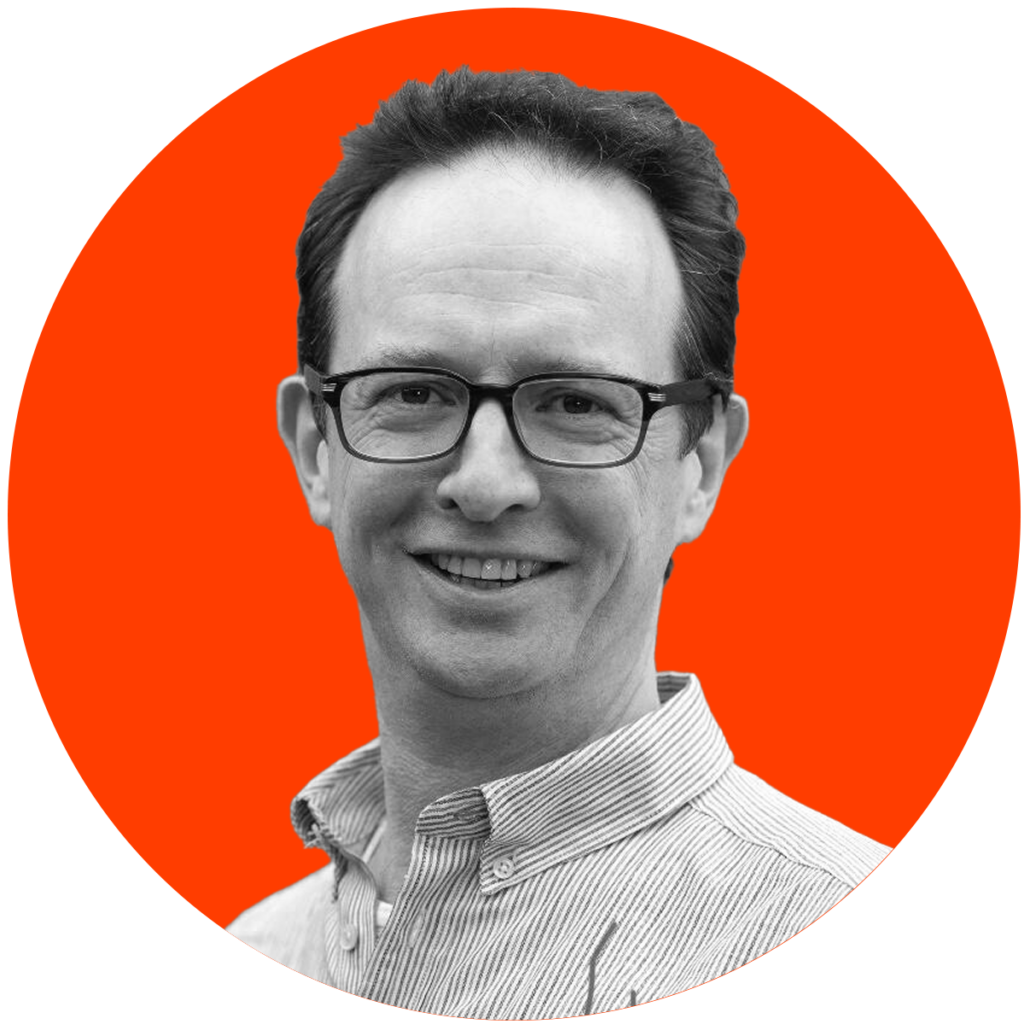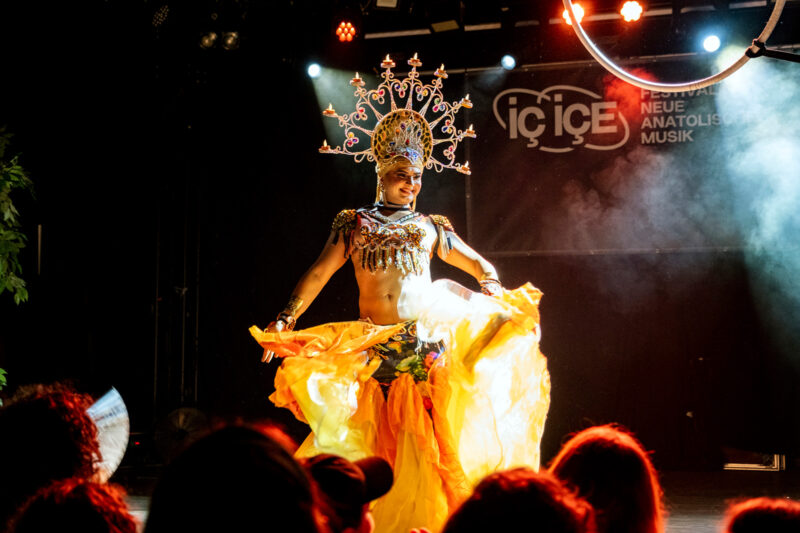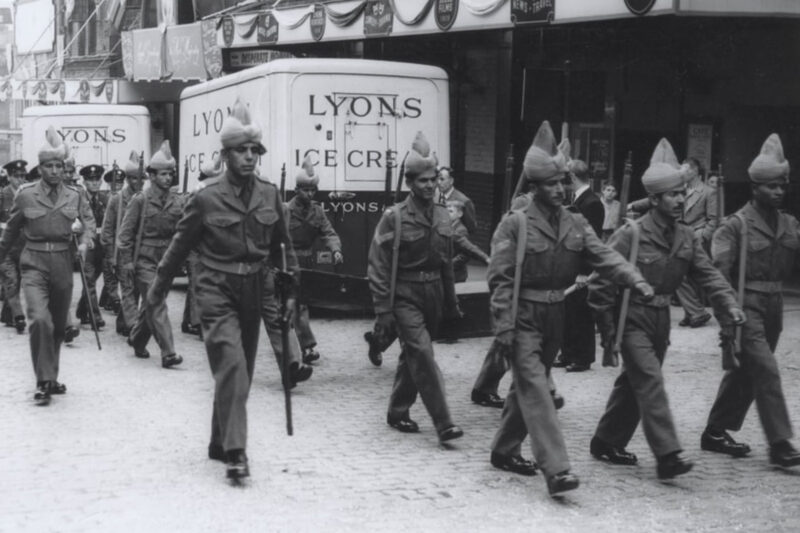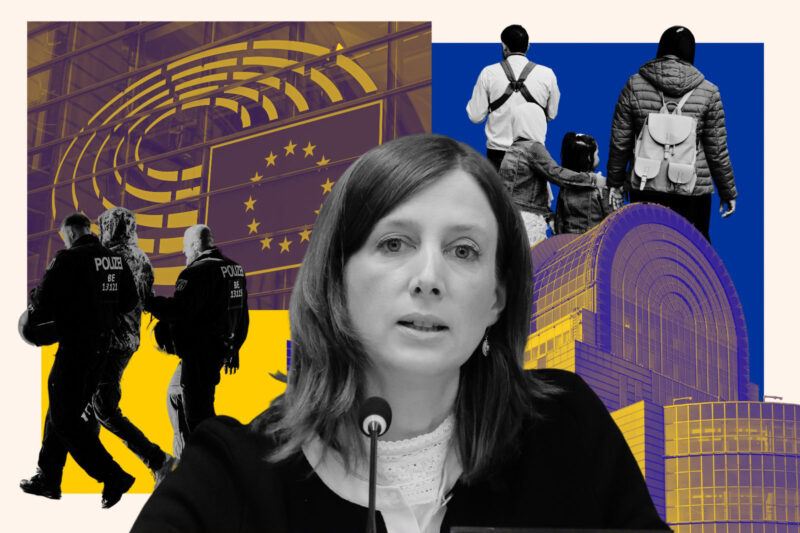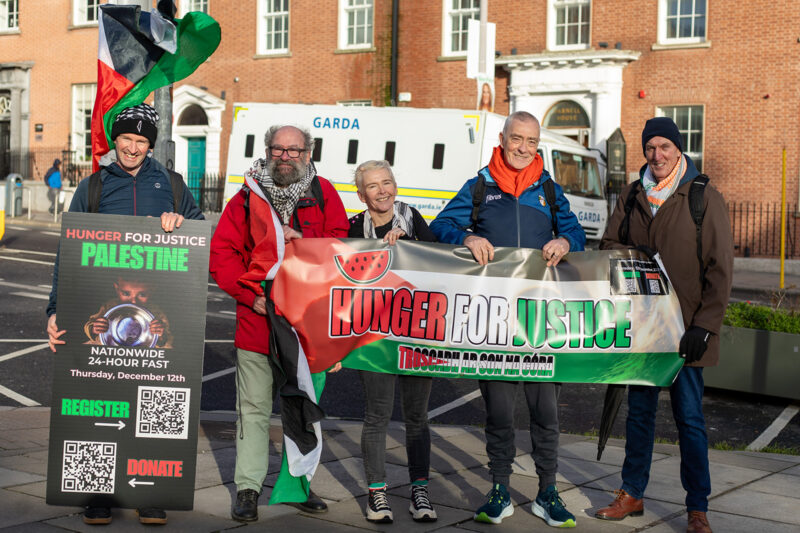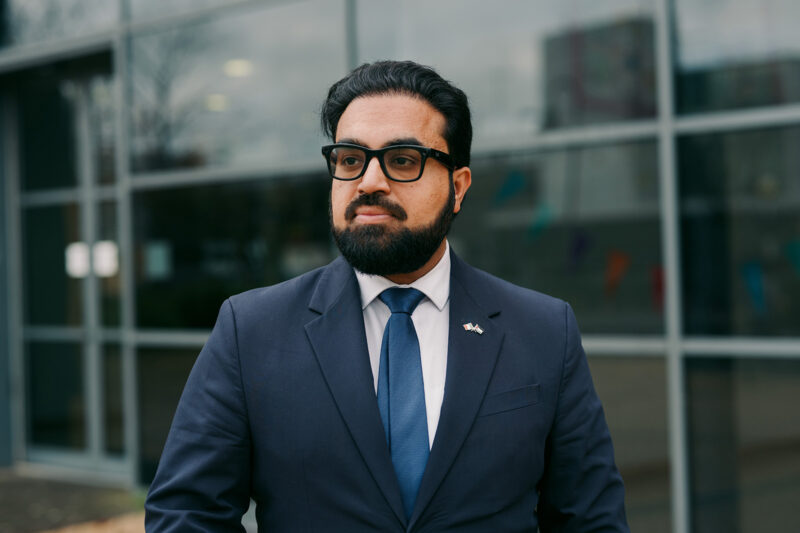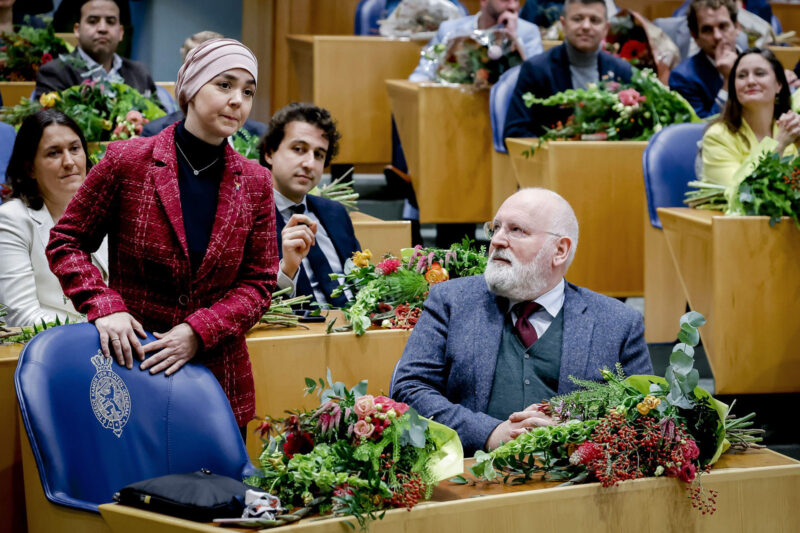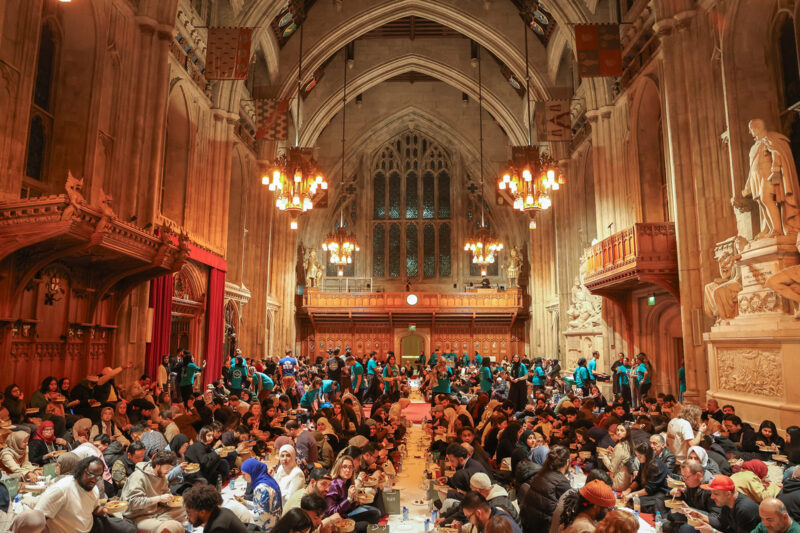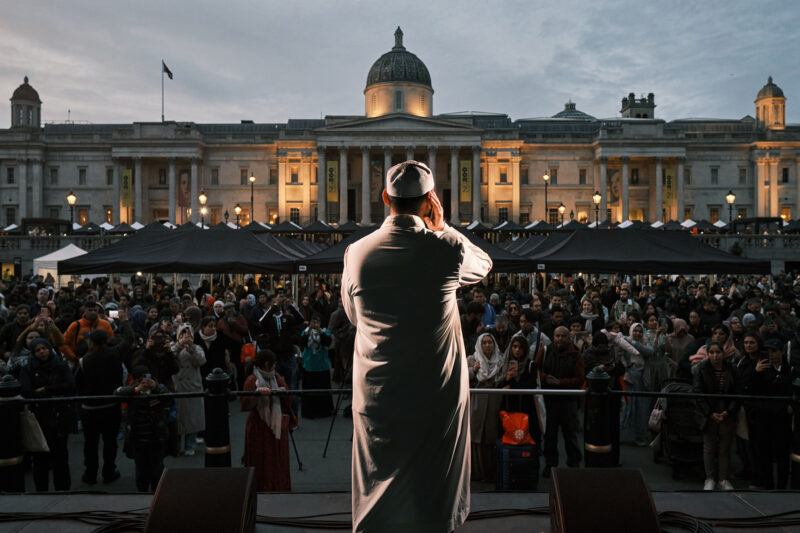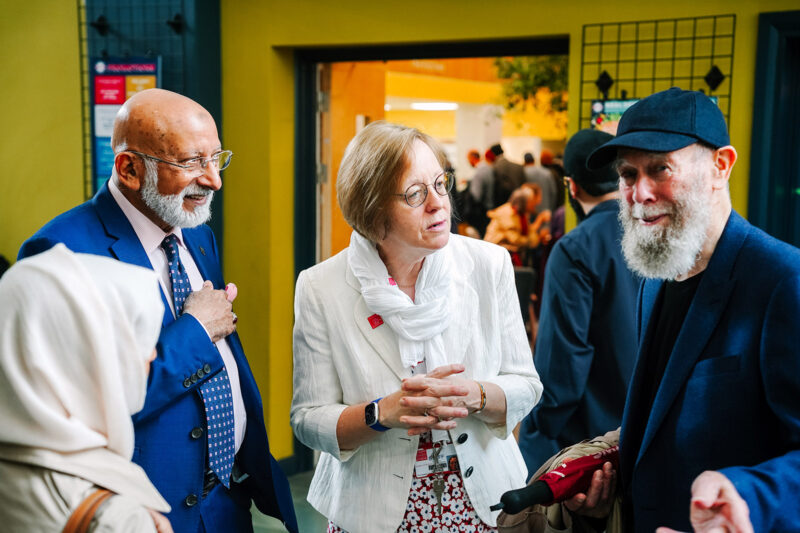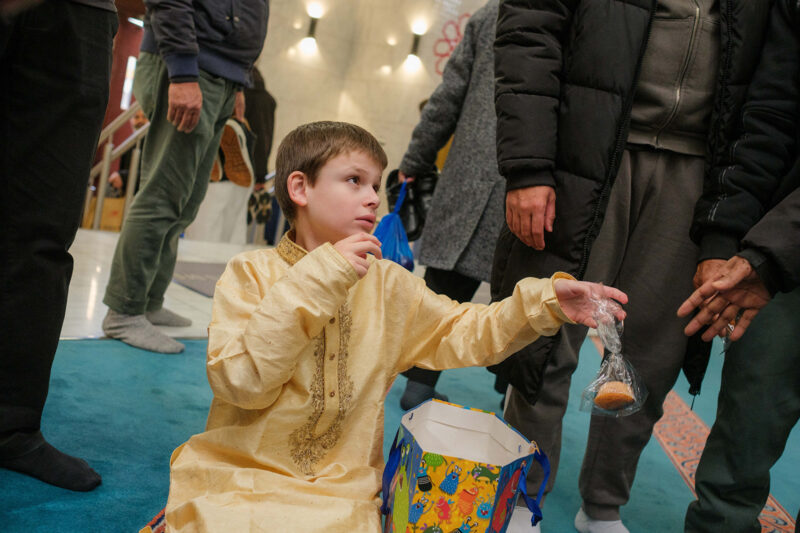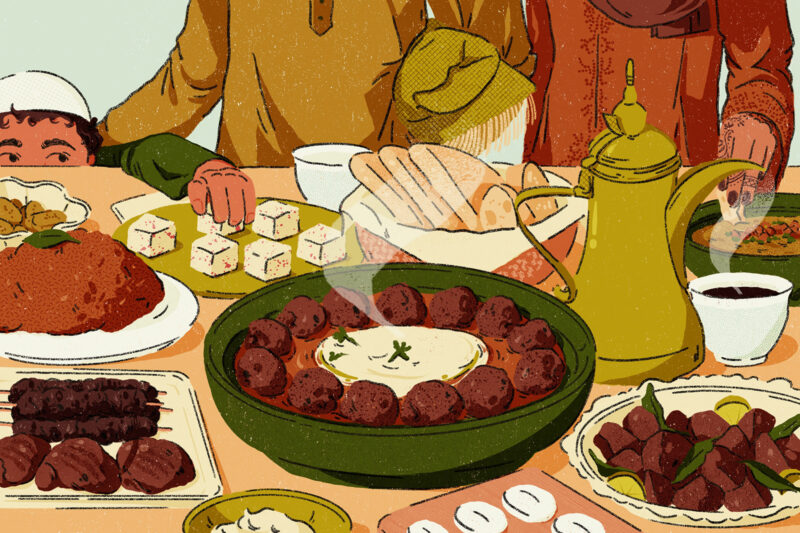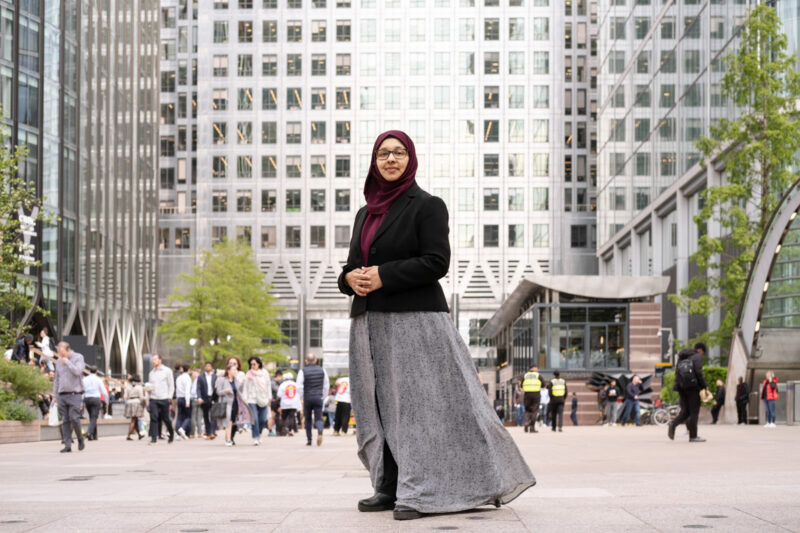The Irish republican who became an imam rather than a priest
He built Galway’s only mosque. Now Ibrahim Michael Noonan is doing all he can to spread understanding, tolerance and moderation
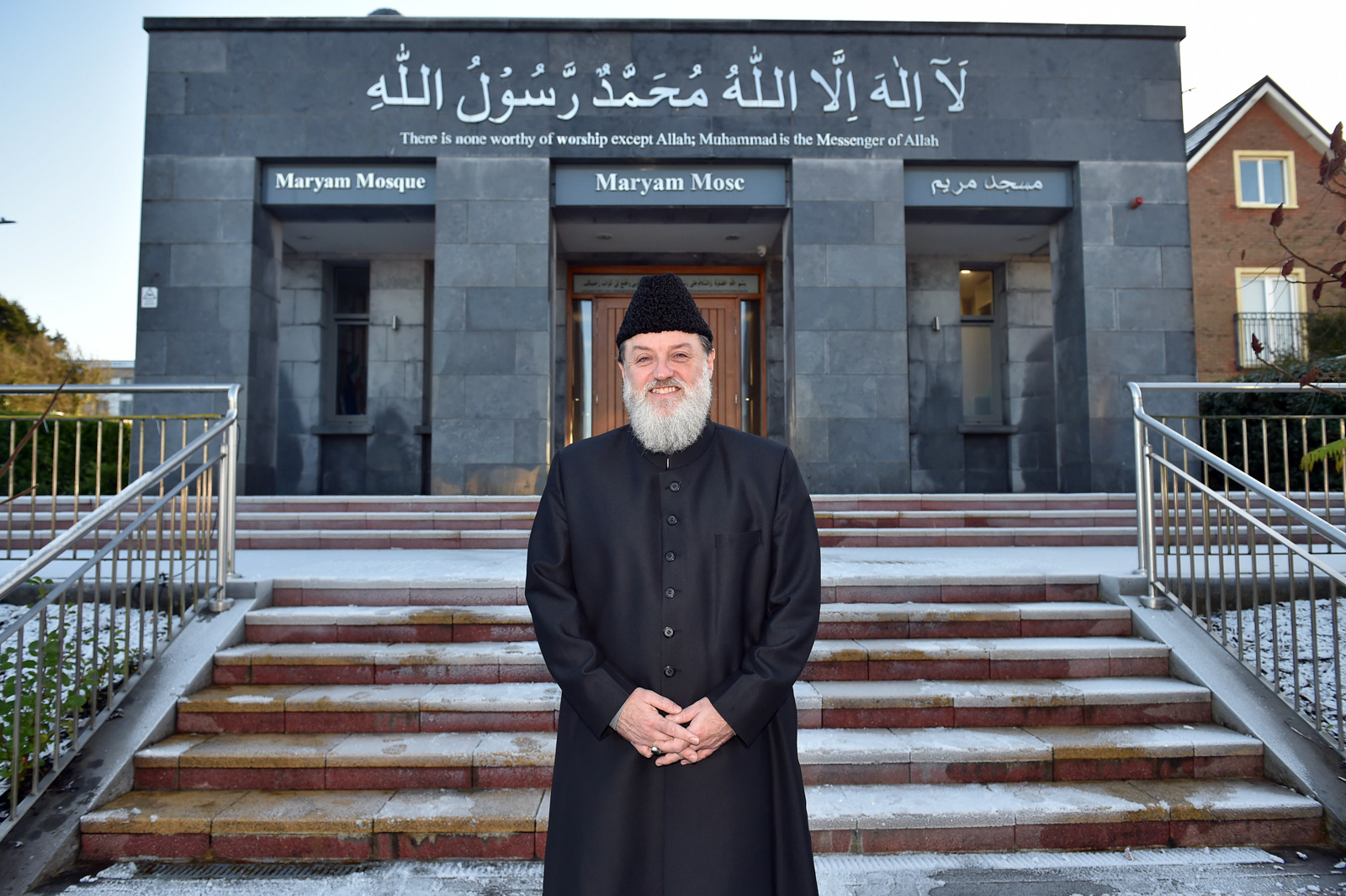
Early one morning in 2019 imam Ibrahim Michael Noonan received a troubling phone call. He was asleep when the phone rang and initially had some difficulty understanding what the caller was trying to tell him. He had just come from a meeting where it had been decided that Noonan’s mosque would be damaged and Noonan himself physically harmed. “I don’t want Islam in this country,” the caller said, adding, however, “I don’t agree with the violence side of things.”
Noonan is the imam at the Maryam Mosque in Galway, Ireland. The anonymous caller told him that they knew one another. They had in fact spoken many times, which was why he was calling to warn him. Shaken, Noonan thanked the caller and hung up. Several months later, in July 2019, the mosque was attacked.
“Coming into the mosque for early-morning prayers and just seeing the devastation was heartbreaking, actually, and a lot of our members were shaken to the core,” Noonan said. Pictures of the imam with his wife and three children had been torn down and his Irish flag thrown out of the window, a gesture that hurt him deeply. “I’ve never changed who I am as a person, as an Irishman,” he said.
Noonan’s family is from Cork, a county in the Irish republic that prides itself on its independence and rebellious heart. His great grandfather helped move weapons and supplies across the county for the Irish Republican Brotherhood (IRB), a secret revolutionary movement that was the driving force behind the 1916 uprising against British rule. His great uncles were close friends of the hardline IRA leader Tom Barry. “I come from a hardcore republican family. I am a republican but I didn’t agree with violence,” Noonan said.
Noonan was always spiritual. As a child raised in a Catholic community, he kept a statue of Mary in his bedroom. While his other 12-year-old friends were forced to attend mass, he went willingly. After leaving school, he began studying to join the priesthood. “If I didn’t accept Islam, I’d still be a Roman Catholic. I still believe the core teachings of the Catholic Church. If people followed them, you’d have a better world; that’s my personal opinion.”
As he embarked on his seminary studies, however, Noonan found himself questioning aspects of Catholic doctrine. He switched to study theology at the Dominican Centre for Theological Studies in Tallaght and focused on world religions. One of his issues with Catholicism was the concept of the Trinity, a belief that God presented himself to the world as three separate entities — God the Father, God the Son and God the Holy Spirit. Noonan discovered and liked the concept of one God, as taught in Islam. He continued his theological education at the University of Wales, reading Islamic Studies. “I really appreciated Islam and I appreciated the prophet of Islam, but I didn’t just jump into it. I was in my very early twenties. I was living a life like most normal young Irishmen.”
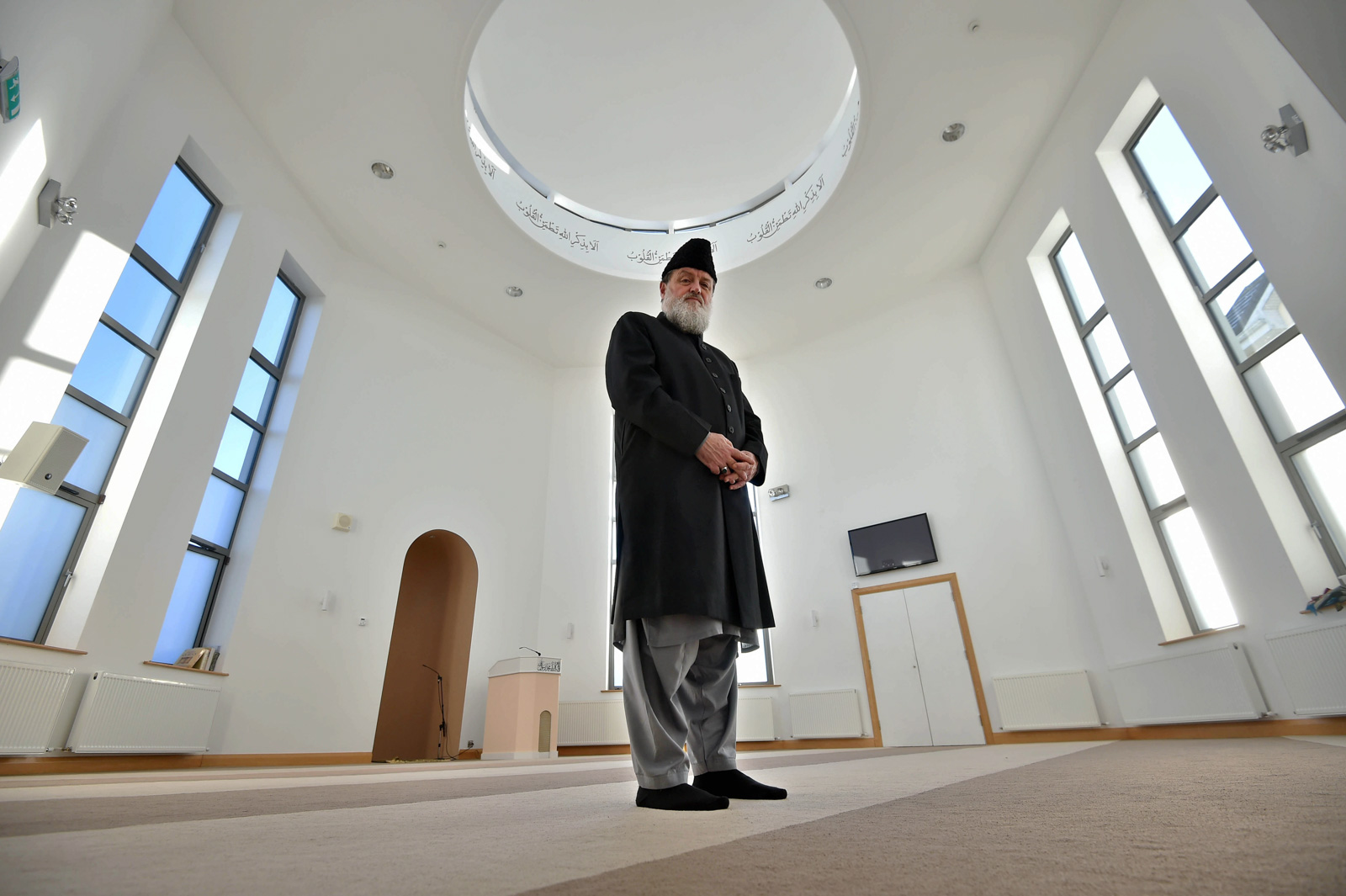
After graduating with a degree in theology and philosophy, he moved to London to pursue a lifelong passion for taekwondo (he plans to compete at the Authentic Taekwondo European Championships in Slovenia this April). Whenever he could, he travelled to North Africa as his interest in Islam flourished. “I was now convinced that this was the path I wanted to follow,” he recalled. At a wedding in the UK, he witnessed a debate between a follower of Salafism and a member of the Ahmadiyya community that fascinated him. While Salafism felt more like Catholicism to Noonan, the moderacy of the Ahmadiyya community appealed to him.
Shortly before converting in 1991, he returned home to Ireland. His father noticed the books he was reading and the foods he wasn’t eating. When he offered to make his son his favourite breakfast — bacon, sausage and black pudding — and Noonan replied that he would prefer eggs, the truth of his Muslim faith finally came out. “My dad was furious, my mum was concerned. She came downstairs reciting the rosary.” Within an hour the local priest was in the house trying to persuade him he would be making a mistake.
Noonan described another “explosion” when he told his family he had agreed to an arranged marriage with a woman from the Ahmadiyya community in the UK. Slowly, however, his parents came to understand that Noonan’s Islamic faith was not a phase but his life’s work.
Before becoming an imam, he continued his studies in the UK and Pakistan, where his wife was born. As an imam, he served congregations in Iceland, Kashmir and Palestine before being posted to Ireland in 2003. When he finally returned home to Galway, the Muslim community there had nothing but a mission house. Noonan decided to build the city’s first mosque. He named it after Mary — or Maryam — because the mother of Christ is so revered in Irish Catholicism, but also to name the mosque after a woman because “mosques are always named after men,” he said. When it finally opened in 2014, the Maryam Mosque had a congregation of around 45 people; today it serves more than a thousand.
Noonan has come to embrace a public role, working in his community and online to steer Irish Muslims away from the path of radicalism while campaigning against the rise of the far right. Increasingly, he hears Irish fears around immigration. The country’s population is among the fastest-growing in Europe, recently rising above five million for the first time in 171 years. A populist narrative that immigrants are draining already strained resources, exploited by the far right, erupted last November when unprecedented anti-immigrant riots erupted in the capital Dublin. They were followed by a series of arson attacks targeting properties rumoured to be for asylum seekers. Noonan’s own father, a devout Catholic who was always opposed to racism, told him recently that he feared the “green of Ireland was disappearing”. The imam replied that he saw it differently; the garden of Ireland is blooming with clusters of different flowers.
Police never found the people responsible for the attack on the Maryam Mosque in 2019. Noonan’s immediate fear was that the vandalism might radicalise some of his congregants. “If this had happened in other mosques, I think you would get elements coming in saying ‘You see, this is why you need to fight against these people’.” His wife begged him to come off social media, worried for their children’s safety and the ongoing abuse he receives online. He refused.
Noonan believes the only way to resolve community tensions is through dialogue and educating people about the reality of Islam. When he invites members of the far right to meet him at his mosque, he tells a story about walking down O’Connell Street in Dublin and being approached by a man who asked if he was the imam active on Twitter. Noonan replied that he was. “I’m one of those guys who abuse you all the time,” the man told him. Noonan invited him for a coffee and they chatted for half an hour. That evening, the man went on Twitter and posted that he had “got it all wrong. Imam Ibrahim is sound.”
Similarly, Noonan counsels Muslims drawn towards extremism to embrace the centre ground. “I am not going to stand by and watch certain people in Ireland — mostly far right — who are igniting anger, fear and hatred, destabilising any good relationships there may have been among the Muslim community in Ireland,” he said. “I cannot bury my head in the sand; I chose to stand up to the extremists on both sides.”
 Newsletter
Newsletter

